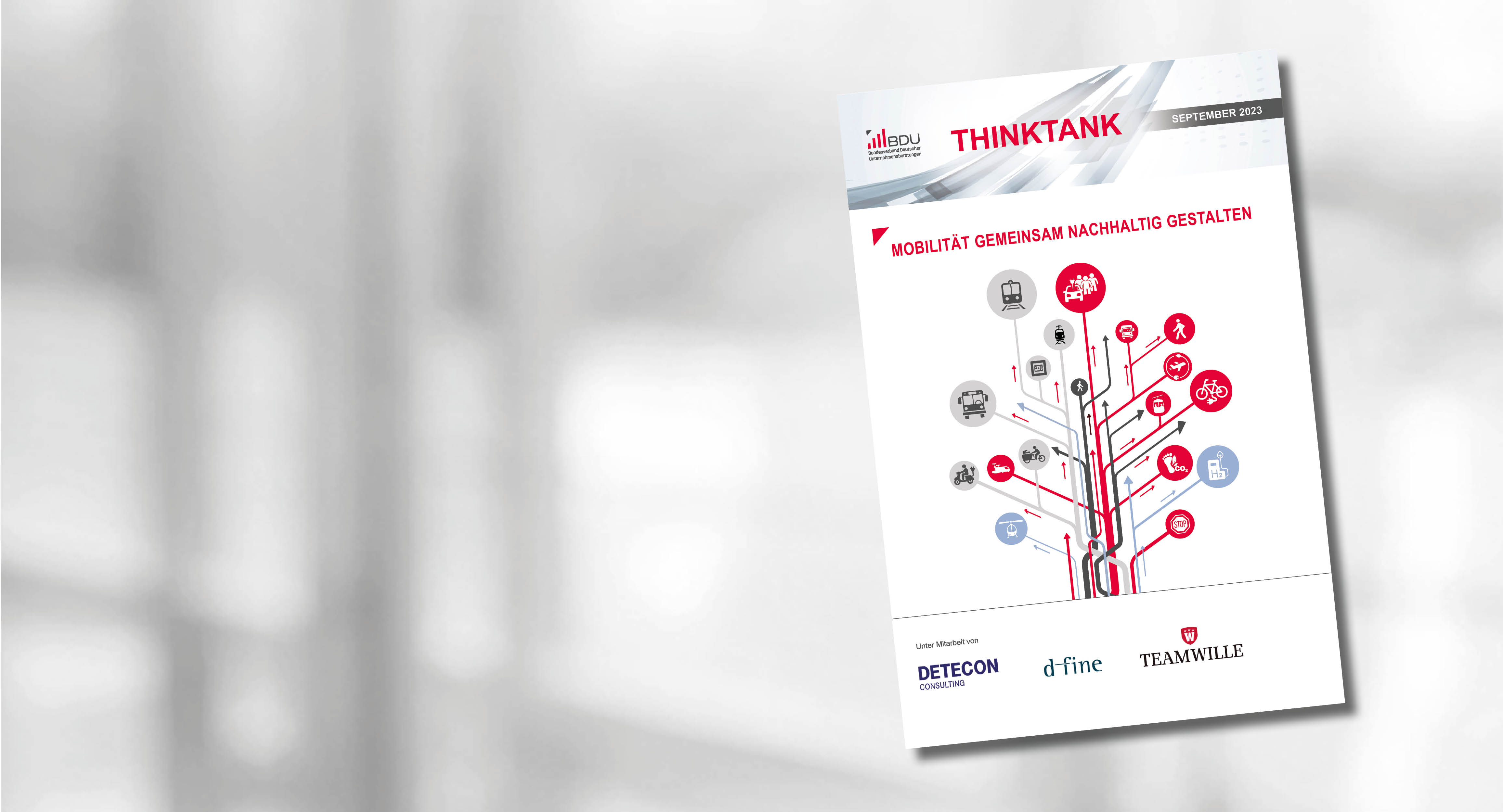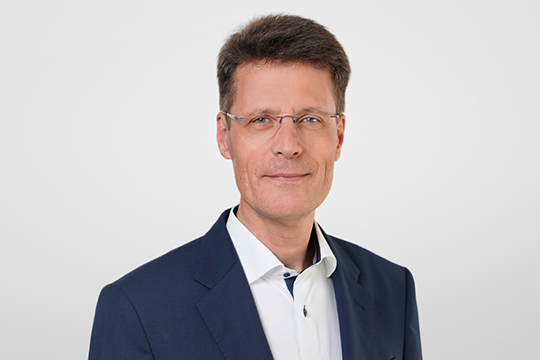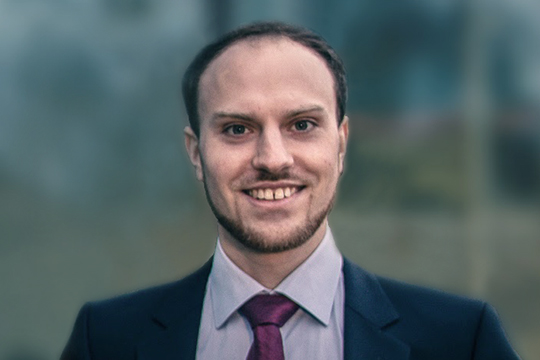Sustainable mobility requires holistic thinking and a comprehensive strategy: Governments, companies and society must work together to achieve a transport turnaround toward environmentally friendly and efficient mobility solutions. This is the conclusion of the latest BDU Think Tank ""Verkehrswende" ("Transport Turnaround") of the Bundesverband Deutscher Unternehmensberatungen BDU e.V. (BDU - German Association of Management Consultants). Experts from the consulting companies Detecon, d-fine, and TEAMWILLE have summarized their insights and solution approaches to the current challenges of the transport sector in a topic dossier.
The paper provides examples of new strategies: for example, dynamic capacity management instead of more infrastructure. Usually, expanding traffic routes is a popular way to increase capacity. However, it is also possible to dynamically expand capacity through digital solutions.
"The digitization of rail infrastructure and passenger and freight transport is aimed at increasing the operating performance in the network by 30% - which corresponds to an increase of 350 million train-path kilometers in Germany," says Roland Keil, Head of Travel, Transport & Logistics at the management consultancy Detecon. "5G connectivity along highways can also reduce congestion and optimize traffic flow."
There is also a lot of potential in data analytics, he added: "There has always been a lot of data in the mobility sector. But it's important to evaluate it more intelligently, to link it together, and to arrive at data-centric action," stresses Roland Keil. "One example: transport award systems in public transport are very cumbersome. The cycle of such awards no longer fits today's dynamic developments. Transport contracts should be more flexible and allow transports to be carried out according to demand based on current data analyses."








